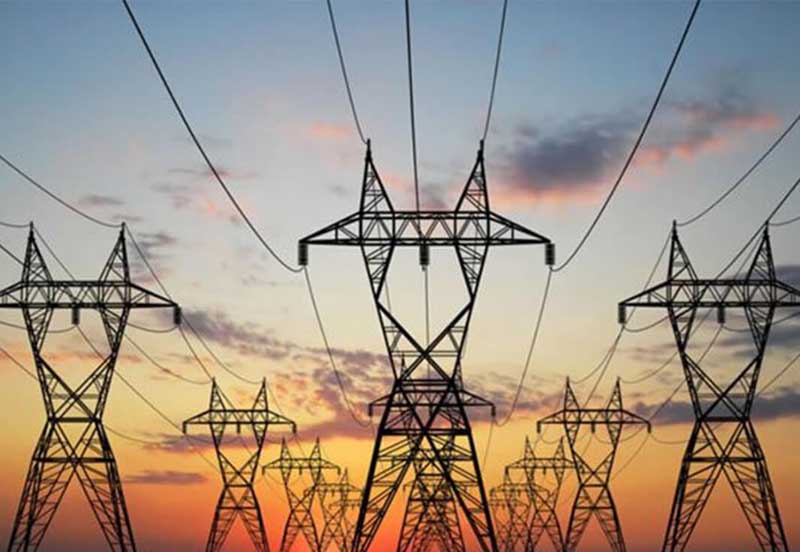Jammu and Kashmir has long been plagued by a power crisis. The recent incident at the Srinagar Wing of the High Court of Jammu and Kashmir and Ladakh, where a complete power failure occurred during court hours, underscores the severity of the situation. This unfortunate event highlights the urgent need for comprehensive reforms to address the longstanding power woes in the region. The power crisis in Jammu and Kashmir stems from a combination of factors, including inadequate infrastructure, lack of intent, geographical challenges, and political instability.
The recent incident at the Srinagar Wing of the High Court serves as a wake-up call for authorities to take immediate action to resolve the power crisis in Jammu and Kashmir. It is unacceptable for essential institutions such as the judiciary to suffer from power failures during crucial court proceedings. Authorities must grasp the extent of the impact this power outage had on seekers of justice. Litigants often travel from distant locations, incurring significant financial losses as a result of missed court appearances. Furthermore, those who missed proceedings will likely have to wait several days for the next available date, leading to delays even in critical legal matters. Urgent reforms are needed to prevent such incidents from recurring. One of the key priorities should be to invest in upgrading and modernizing the power infrastructure in Jammu and Kashmir. This includes the expansion of transmission and distribution networks and the deployment of advanced technologies for improved efficiency and reliability. Despite substantial investment, this power outage once again exposed the claims of the authorities.
The occurrence of unforeseen disruptions is always a possibility, but for critical operations, having a backup plan is imperative. The recent power outage at the High Court Complex, where no such contingency arrangement was in place, is truly astounding. This incident highlights a glaring lapse on the part of KPDCL. Despite substantial expenditures on meetings and reviews, crucial elements of planning seem to be missing. Electricity has become an indispensable necessity in modern life, rendering the absence of power supply unfathomable. However, the reality on the ground is starkly different, with prolonged power cuts amid bone-chilling winters, making life exceedingly difficult for the residents. While the administration aims to promote winter tourism, persistent power outages pose a significant obstacle to this endeavour.
The Power Development Corporation has fallen short of meeting expectations. Despite repeated warnings from the Government, the corporation has not made much progress in reducing AT&C losses, improving revenue collection, and upgrading infrastructure at the distribution level. Consequently, revenue generation is minimal, leaving no funds available for power procurement. It is primarily due to the goodwill of the central Government that the power supply is maintained to some extent. Addressing the power crisis requires not only efforts to enhance governance and accountability but also measures to ensure transparency, efficiency, and the effective implementation of policies and projects. Establishing clear lines of responsibility and oversight mechanisms is crucial to holding authorities accountable for delivering reliable and affordable electricity services to the people of Jammu and Kashmir.
Various critical departments should be involved in the decision-making process and consulted on matters related to energy planning, infrastructure development, and service delivery. The power crisis in Jammu and Kashmir is a complex and multifaceted issue that requires urgent attention and concerted efforts from all stakeholders. The recent incident at the High Court underscores the pressing need for comprehensive reforms to address the underlying causes of the crisis and ensure uninterrupted access to electricity for all residents of the region.


